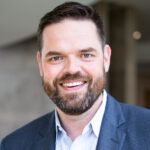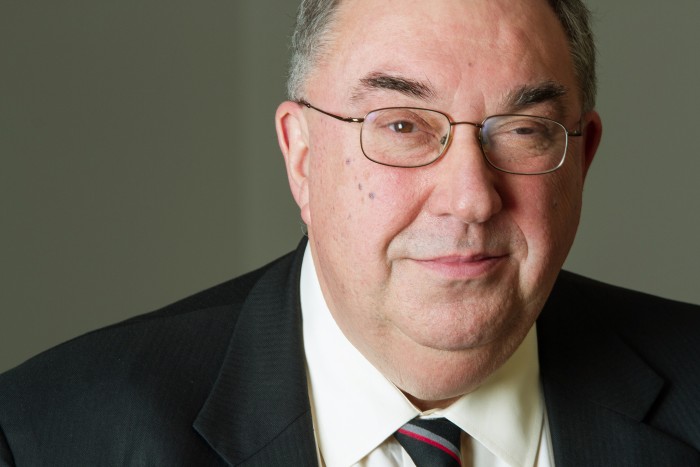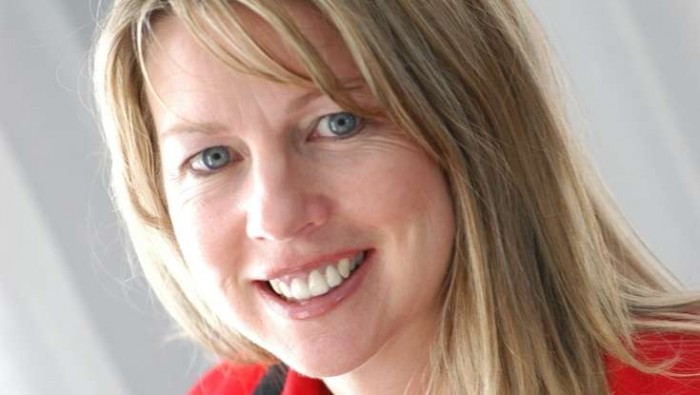Even before the pandemic upended our lives, our organizations, our teams and our work were already filled with constant change, disruption and unpredictability.
Unforeseen events, changing customer needs, hyper-competition and shifting environments were already stressing the day-to-day realities of managers and leaders across all sectors. Then the Covid-19 pandemic hit and erased all pretense that, if we simply planned, predicted and strategized hard enough, we could get control of what was happening.
As we emerge from the pandemic after almost two years, it is clear we need to better understand what drives this turbulence and how to respond to it. We need to recognize when we are facing complex, rather than merely simple or complicated decisions and learn the insights and tactics that support leading effectively in a complex world.
Complexity is difficult to define but is characterized by a few key elements:
- high interdependence between diverse players
- constant movement of parts and
- a great degree of unpredictability
Our actions often produce unintended consequences, and solutions may solve some problems, but they also create new issues and questions.
Our employees, our customers and our leaders make shifting and growing demands. A disruption in the competitive environment leaves us scrambling to adapt and respond. The pressure on leadership to have the right answers and to make sound decisions feels increasingly impossible.
It can feel like “it’s complex” is another way of saying “nothing can be done”. Leading in complexity challenges us in different ways. It requires new decision frameworks, new sense and meaning-making supports, and new capacities for action. It means taking in more diverse perspectives, asking different questions and seeing more of the system.
As we now look forward to a “return to normal”, we need to learn the right lessons from this world-wide disturbance so that we can be better prepared for future disruptions.
Schulich ExecEd’s new program, Leading in Complexity, explores how leaders can identify and make better sense of complexity. We examine why the next pandemic or significant disturbance won’t look the same as this one and what that means for leadership. We will learn how to navigate a world that will not cease to be dynamic and unpredictable. And we will become more skilful in recognizing and using levers of change and influence that will enable us to move forward and bring about positive change. Because as leaders, we need to develop skills for an inherently complex world, or we will be left behind.
*
 Ingo Holzinger is a professor in the Schulich School of Business specializing in Strategy and Leadership and a co-facilitator for Leading in Complexity (starting Nov. 15, 2021)
Ingo Holzinger is a professor in the Schulich School of Business specializing in Strategy and Leadership and a co-facilitator for Leading in Complexity (starting Nov. 15, 2021)
 Andrea Swanson is a certified coach and Organizational Development Consultant and co-facilitator of Leading in Complexity.
Andrea Swanson is a certified coach and Organizational Development Consultant and co-facilitator of Leading in Complexity.














